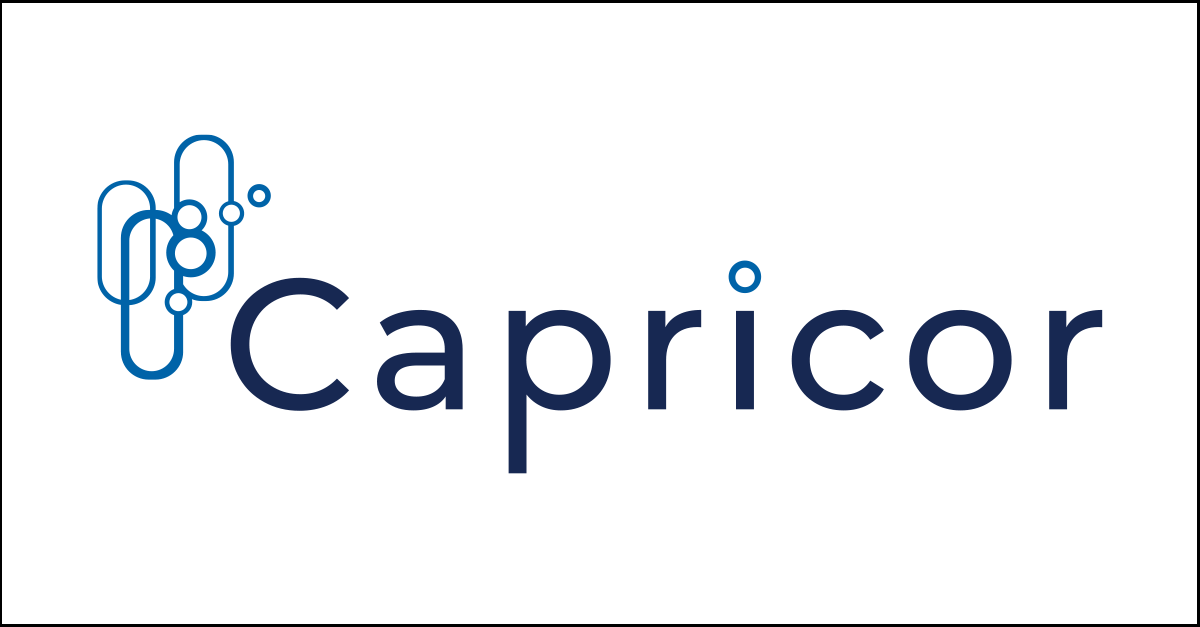
Capricor Therapeutics announced that it had positive outcomes in its comprehensive multidisciplinary meeting with the FDA regarding development of the company’s novel cell therapy candidate, CAP-1002, after being placed on voluntary hold last month.
To prevent future events, Capricor has initiated a pre-medication strategy that is commonly used by doctors to prevent and treat allergic reactions. The Data and Safety Monitoring Board (DSMB) and HOPE-2 clinical trial steering committee support this approach, and the FDA and DSMB approved resuming enrollment in the study. The timing of the trial’s resumption depends upon various factors, including the availability of additional funding.
We look forward to a community update from the company to better understand the series of events that led to the voluntary hold, as well as next steps in the HOPE-2 trial.
Read the release from Capricor
Capricor Therapeutics (NASDAQ: CAPR), a clinical-stage biotechnology company, today announced that it had positive outcomes in its comprehensive multidisciplinary meeting with the U.S. Food and Drug Administration (FDA) regarding development of the company’s novel cell therapy candidate, CAP-1002, to treat Duchenne muscular dystrophy.
Capricor met with the FDA in December 2018, as part of the expedited review afforded under the Regenerative Medicine Advanced Therapy (RMAT) designation which the FDA granted to CAP-1002 in February 2018. The FDA grants the RMAT designation to investigational regenerative medicine therapies intended to treat a serious condition and for which preliminary clinical evidence indicates a potential to address unmet medical needs for that condition.
During the meeting discussion and in subsequent meeting minutes, Capricor asked whether the FDA would agree to its current clinical trial, HOPE-2, serving as the registration study, if HOPE-2 provides evidence that CAP-1002 is safe and effective in treating Duchenne muscular dystrophy. The FDA advised Capricor to request an end of phase meeting after completion of the trial to determine whether HOPE-2 could serve as the registration study.
The FDA also reiterated support for the use of the Performance of the Upper Limb (PUL) 2.0 mid-level test, which measures the ability to use arm and hand muscles, as the primary efficacy endpoint for HOPE-2. In addition, the agency stated that the trial would need to provide evidence of clinically meaningful changes in the PUL, as well as other evidence supportive of CAP-1002 efficacy for patients with advanced Duchenne muscular dystrophy, in order to serve as a registration trial.
“Our interactions with the FDA have been collaborative and supportive,” said Linda Marbán, Ph.D., Capricor’s chief executive officer. “Capricor’s unique cellular therapy offers the opportunity to benefit skeletal and cardiac muscle, which, if supported by the HOPE-2 trial results, would provide meaningful benefits to patients with advanced Duchenne muscular dystrophy and important differentiation in a market that has very limited treatment options. We have designed HOPE-2 to be a registration trial, and it is reassuring that the FDA will consider that possibility, should the results be positive.”
Duchenne muscular dystrophy is a fatal genetic disorder with few therapeutic options. The HOPE-2 trial is studying the safety and effectiveness of CAP-1002 in older Duchenne patients who are not currently eligible for gene therapy clinical trials. To date, 17 patients have been enrolled in the Phase II, randomized, double-blind, placebo-controlled trial.
“Originally, HOPE-2 was designed as an 84 patient clinical trial, but after the feedback from the FDA, Capricor is considering a sample size re-estimation that will likely lead to a significant reduction in the number of patients from 84 to approximately 40-50, which would be sufficient to determine clinical relevance and efficacy of CAP-1002,” said Dr. Marbán, “If we are able to achieve the goal of showing that CAP-1002 improves muscle function with fewer patients, we will be able to expedite product development and potential commercialization so that it can be available to the patients with Duchenne muscular dystrophy.”
Voluntary Dosing Hold has Been Lifted and HOPE-2 Enrollment Can Resume
After a patient in the HOPE-2 trial had a serious adverse event in the form of anaphylaxis, Capricor put a voluntary hold on dosing in December to develop a plan to manage potential allergic reactions. The investigation suggests that the patient may have been allergic to something contained in the investigational product, including an excipient, or inactive ingredient, in the formulation.
To prevent future events, Capricor has initiated a pre-medication strategy that is commonly used by doctors to prevent and treat allergic reactions. The Data and Safety Monitoring Board (DSMB) and HOPE-2 clinical trial steering committee support this approach, and the FDA and DSMB approved resuming enrollment in the study. The timing of the trial’s resumption depends upon various factors, including the availability of additional funding.



 by: Parent Project Muscular Dystrophy
by: Parent Project Muscular Dystrophy

